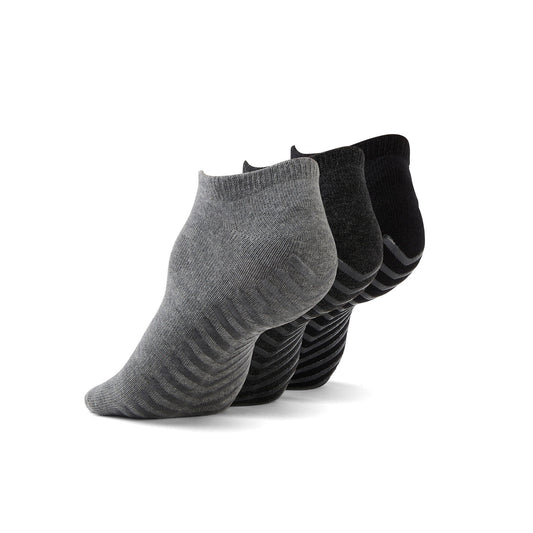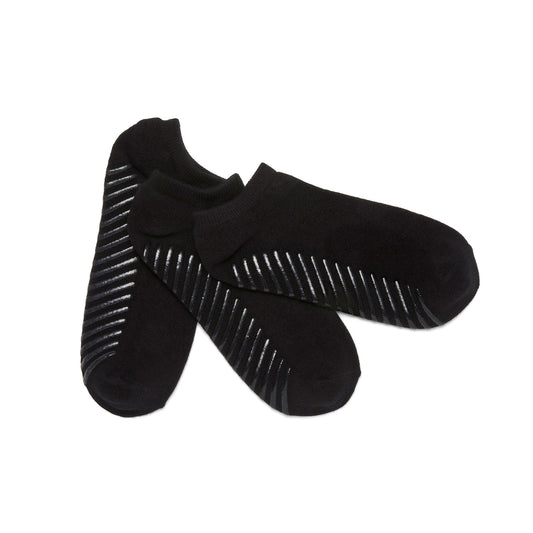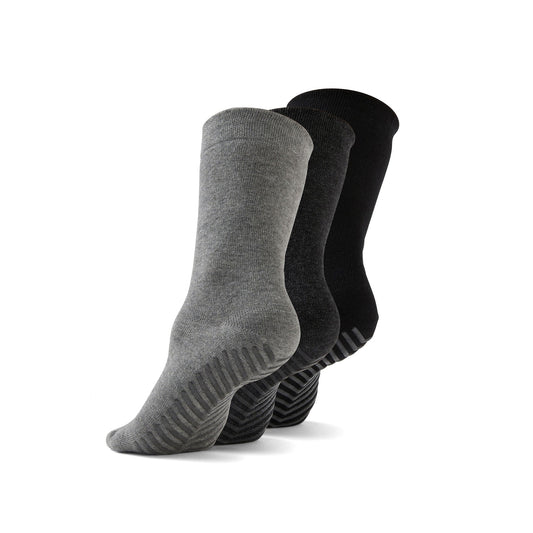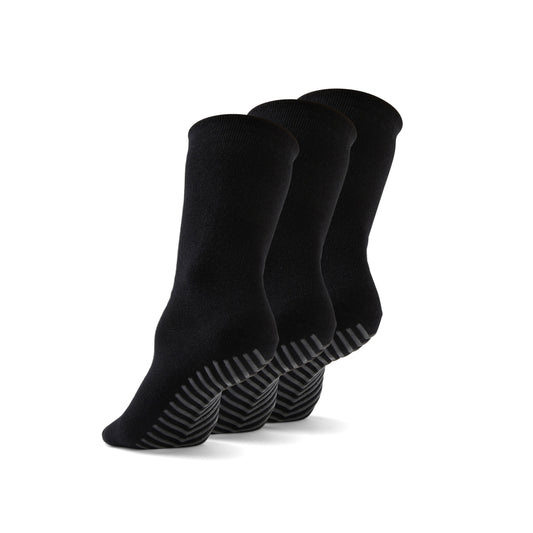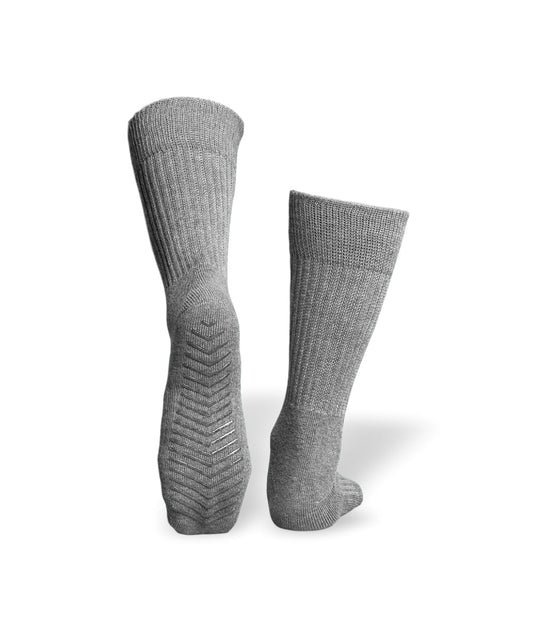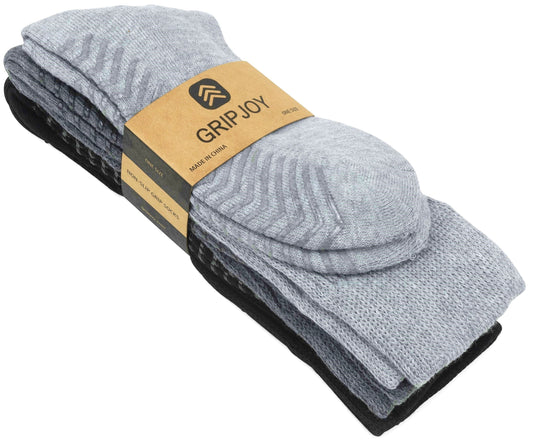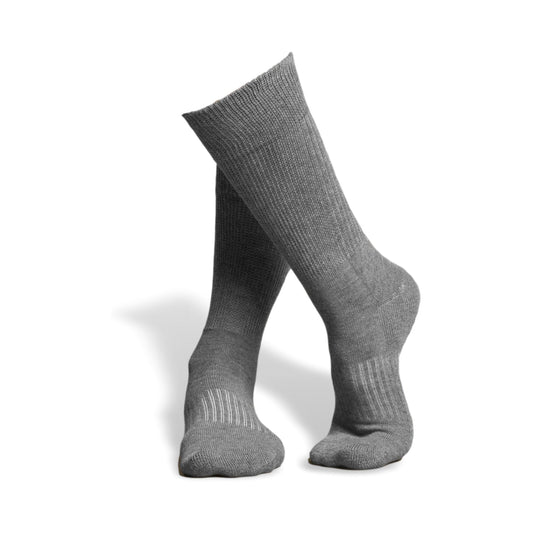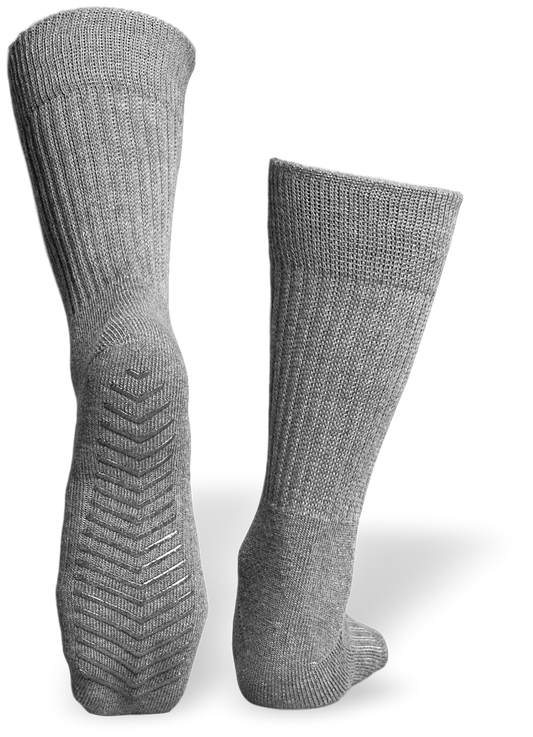Aging is a natural part of life, and as we grow older, our bodies and abilities change. However, these changes shouldn't harm one's self-esteem or sense of style. Thanks to the increasing availability of adaptive clothing, seniors can continue to express themselves confidently while addressing their unique clothing needs. In this blog post, we will explore the world of adaptive fashion and its crucial role in boosting confidence among seniors.
Understanding the Challenges of Aging
Before diving into the empowering potential of adaptive fashion, it's important to grasp the difficulties that seniors often encounter as they age. Aging brings about a range of physical and mental changes that can impact a person's daily life, including their clothing choices. Some common challenges include:
-
Limited Mobility: As seniors age, their joints may become stiffer, reducing their ability to put on and take off clothing with small fasteners, zippers, or tight openings.
-
Decreased Dexterity: Aging often leads to a decline in fine motor skills, making tasks like fastening and changing clothing difficult. For example, June Adaptive carries a women's front closure bra with large hooks for those with reduced hand dexterity.

3. Sensory Changes: Changes in skin sensitivity can result in discomfort when wearing certain fabrics or tight-fitting clothes. To help with this, June adaptive offers unisex everyday crew socks designed to eliminate irritation.
4. Changes in Body Shape: As bodies change with age, seniors may experience weight fluctuations or alterations in body shape, necessitating adjustments in their clothing choices.
The Rise of Adaptive Clothing
Adaptive clothing is perfectly suited for seniors and individuals with disabilities. Here are a few ways in which adaptive design benefits seniors:
-
Easy Dressing: Adaptive clothing includes alternative closures such as velcro, magnetic clasps, and larger buttons, making it easier for seniors to dress comfortably, regardless of their abilities.
-
Comfortable Fabrics: Many adaptive clothing brands prioritize using soft and breathable fabrics that are gentle on sensitive skin, addressing issues related to sensory changes.
-
Adjustable Sizing: Adaptive fashion often provides adjustable sizing options to accommodate weight fluctuations or changes in body shape, ensuring a comfortable fit.
-
Stylish Designs: Gone are the days when adaptive clothing was synonymous with dull and unattractive designs. Contemporary adaptive fashion brands offer stylish options that seniors can feel confident wearing.
The Impact of Adaptive Fashion on Confidence
Now that we've highlighted the importance of adaptive styles, let's explore how they significantly boost confidence among seniors:
-
Promoting Independence: Adaptive attire empowers seniors to dress and undress without assistance, restoring a sense of independence. This newfound autonomy can positively influence confidence by fostering control over one's daily routine.
-
Increasing Confidence: The well-fitting nature of adaptive clothing eliminates discomfort and physical obstacles, enhancing comfort and helping seniors feel more at ease in their bodies, thereby boosting their self-confidence.
-
Personal Expression: Just like people of all ages, seniors have unique fashion instincts and a desire for self-expression. Adaptive fashion recognizes this need for individuality, offering a wide range of designs and options that allow seniors to showcase their personality and preferences.
-
Reducing Frustration: Struggling with traditional clothing fastenings can be frustrating and even embarrassing for seniors. Adaptive clothing simplifies the dressing process, reducing frustration and associated insecurities.
-
Encouraging Social Engagement: Feeling comfortable in one's clothing can lead to increased social participation. When seniors feel confident in their appearance, they are more likely to engage in social activities, combating feelings of isolation and loneliness often associated with aging.
The Therapeutic Benefits of Adaptive Fashion
In addition to the positive impact on confidence, adaptive fashion also offers therapeutic benefits for seniors:
-
Enhanced Physical Comfort: Adaptive clothing is designed to provide superior comfort by eliminating tight fits, rough seams, and tags that can irritate the skin. This comfort can alleviate physical discomfort associated with aging, such as skin sensitivities, joint pain, and pressure sores, contributing to an overall sense of well-being.
-
Improved Mental Health: The comfort and ease of adaptive fashion can have a positive impact on mental health. Seniors who feel physically comfortable in their clothing are more likely to experience reduced stress and anxiety, leading to enhanced mental well-being and confidence.
-
Promoting Healthy Circulation: Some adaptive clothing designs include features like seamless socks and pressure-relieving insoles, which can help promote healthy blood circulation. Improved circulation can be particularly beneficial for seniors who experience swelling or edema in their legs and feet, further enhancing their physical comfort and confidence.
-
Aiding in Recovery: For seniors recovering from surgeries or managing chronic conditions, adaptive clothing can play a crucial role in rehabilitation. It allows easy access to surgical sites or medical devices while providing essential support and comfort during the healing process.
-
Supporting Caregivers: Adaptive fashion is not only beneficial for seniors but also for their caregivers. Improved dressing options can reduce the time and effort required for caregiving tasks, allowing caregivers to focus on other aspects of care and fostering a more positive caregiving experience.
Tips for Seniors and Caregivers
If you or a loved one are considering transitioning to adaptive fashion, here are some helpful tips:
-
Explore Adaptive Apparel Brands: There are numerous adaptive clothing brands catering to various needs and preferences. Take the time to explore different options to find the ones that best suit your requirements.
-
Prioritize Comfort: When selecting adaptive clothing, prioritize comfort above all else. Soft fabrics, easy closures, and adjustable sizing can make a significant difference in how you feel in your clothing.
-
Embrace Personal Style: Don't hesitate to express your style when choosing adaptive clothing. Modern adaptive fashion brands offer a wide range of stylish options, so you can confidently showcase your personal style.



